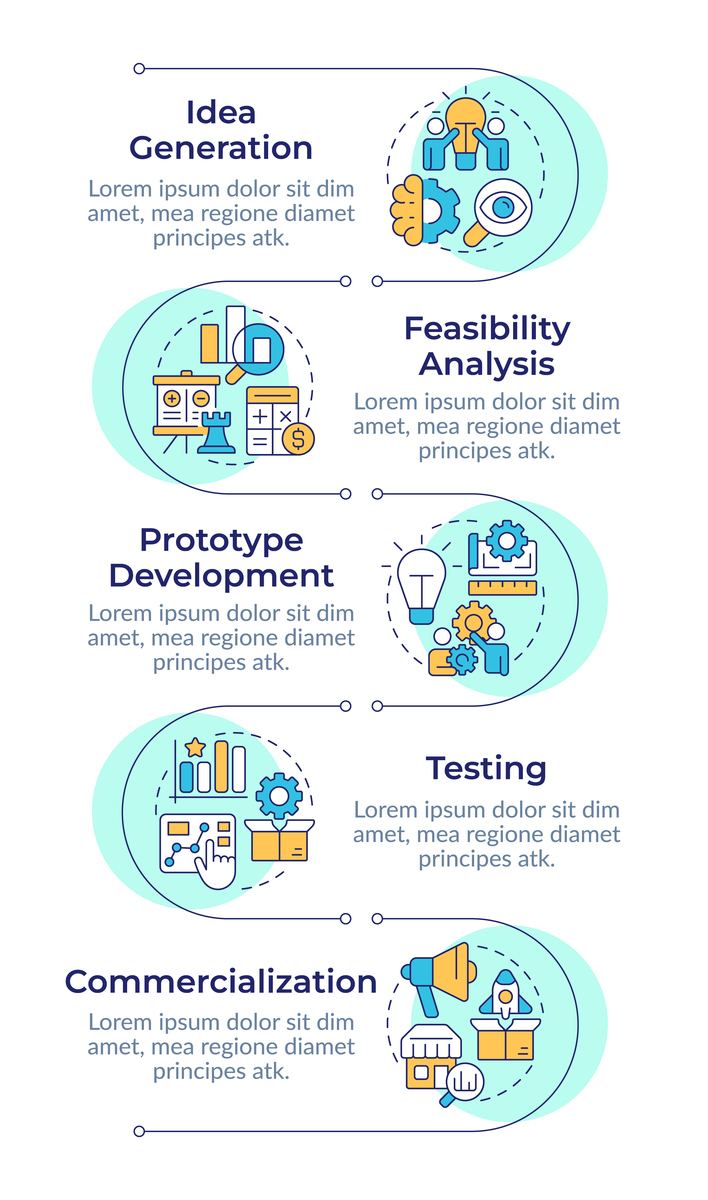Online Learning After COVID-19: Cost, Policy, and the Future of Higher Education
There are several factors that determine whether universities will continue with online education after the pandemic. While cost considerations and policy regulations are certainly important, there are also other factors that need to be considered.
One of the main advantages of online education is that it allows universities to reach out to a wider audience. This is particularly important for universities that are located in remote areas or that have limited resources. Online education also allows students to learn at their own pace, which can be particularly beneficial for those who struggle with traditional classroom learning.
However, there are also some challenges associated with online education. One of the main challenges is that it can be difficult to create a sense of community among students who are learning remotely. This can lead to feelings of isolation and disengagement, which can ultimately have a negative impact on student learning.
Another challenge associated with online education is that it can be difficult to ensure that students are mastering the material. While online assessments can provide some measure of accountability, they are not always as effective as in-person assessments at gauging student understanding.
Overall, while online education has its advantages, it is important for universities to carefully consider the pros and cons of this approach before making any decisions about whether to continue with it after the pandemic.

原文地址: https://www.cveoy.top/t/topic/lRpU 著作权归作者所有。请勿转载和采集!